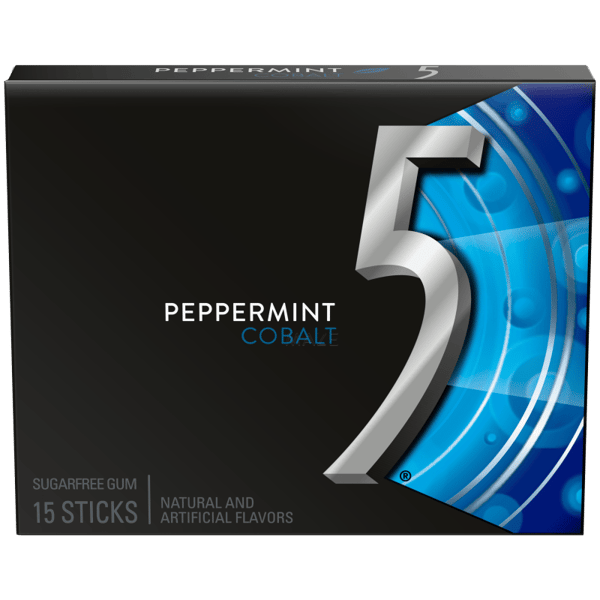Hi I'm a chemist, my current work is with PFAS compounds, often known as forever chemicals. Please ask me about those, or anything else you are curious about related to chemistry. I will try to give you a solid response.
Well, it's "ask me anything" not "ask me questions I'll answer."
When people use that stat that PFOA is found in 99% of organisms on Earth, what concentration are we talking here? I remember my analytical prof saying once that at a low enough concentration (I think he was saying like the picomolar range) basically everything is in everything.
Follow up - how does the concentration level relate to the level we assume is dangerous to organisms?
Follow up #2: to what degree is there someone at the wheel when it comes to guarding consumers against industrial poisons? I got pretty blackpilled after watching Dark Water, but realized I don't really have any sense about the capture of (or existence of) global oversight on this sort of thing.
I don't live in the US but I bought some BBQ tongs and then I found a little sticker that said they could cause cancer with a California regulation ID on it. I sent a pic to some friends in the US and they just rolled their eyes like "yeah California is overboard with cautionary labeling" - is California doing it right and everyone else is fucked? What's your take on this kind of thing?
isn't that an op to make people disregard those labels altogether by overusing them
PFAS probably won't be the thing that does that, it tends to affect body functions that have tubes. Liver, endocrine system, reproduction. I find it unlikely that they will directly affect your cognitive ability, but your ability to think is effected by every supporting system, not just your physical brain.
What chemical property/properties make things elastic? Like why are rubber bands so stretchy?
a lot of factors affect elasticity. for plastics (rubber included) elasticity is mostly conferred due to the molecules configuring in a way that minimizes free energy. when you stretch a rubber band you are stretching the molecule, increasing the free energy of the molecule (rubber bands are actually one big molecule which is why it doesnt melt and will just burn if heated), when you release the rubber band the molecule settles back to its preferred configuration. latex fluid from trees has many free isoprene molecules (which is why it is liquid) but can undergo a reaction to fully polymerize the isoprene to create usable rubber
in plastics that are more than one molecule elasticity is reduced but has higher plasticity (opposite of elasticity). this is because molecules can more easily separate from each other as they are only affected by weak intermolecular forces rather than strong chemical bonds. applying heat in these plastics increases plasticity/reduces elasticity as there is more energy in the system and the molecules are more "comfortable" being separated from each other
rubber bands are actually one big molecule which is why it doesnt melt and will just burn if heated
I already knew this, but I'm gonna take this opportunity to ask something that's been bothering me about it for a while:
If a rubber band is one big molecule, then what's going on chemically when a rubber band gets stretched too far & snaps?
good question.
when you stretch the rubber band you are increasing the energy of the system. with enough stretching the molecule has enough energy for the chemical bonds to spontaneously cleave. you will still have one molecule but if you break it in two places you get two molecules!
good question.
when you stretch the rubber band you are increasing the energy of the system. with enough stretching the molecule has enough energy for the chemical bonds to spontaneously cleave. you will still have one molecule but if you break it in two places you get two molecules!
oof im having problems with site buffering so i posted twice lol
Jesus Christ, don't use any herbicides or pesticides, especially not Roundup that's like the worst one.
My partner won’t allow me to get a flamethrower to deal with the weeds what should I do instead?
Ya, I don't get people who do not depend on their agricultural output using the associated poison
I'm feeding mealworms a diet of polystyrene and water. They eat the EPS and subsequent waste, but I'm unsure of if/when said waste is safe to introduce to a soil/compost environment? It browns and reduces volume after cycling through the bugs, when left to soak in water, it results in scum and bacterial growth, is it ever 'safe' to reintroduce this to soil?
I mean put any shit into water and it'll produce a scummy biofilm.
They smoked it out of the Gatorade bottle. You can't make meth in a Gatorade bottle.
My best friend who died in Feb had a chemistry degree. He ended out working for banks doing fraud checking which could lead to a private investigation firm where we planned to use our TruAnnon style gumshoe skills to be the coolest non profit detective agency to have its only two members killed. Then fentanyl.
yeah, like @GalaxyBrain mentioned meth is easy to make. LSD is harder but still not crazy difficult. you could make millions of doses of acid (and many other psychs) for a few thousand dollars with the right synthetic method (see PiHKAL and TiHKAL)
LSA (precursor to LSD) is somewhat easy and very cheap to get a hold of. just buy morning glory seeds and extract then purify the LSA
Yeah, you should be ready around halfway through your second 4th semester, if you are trying to understand what is going on and not just use a recipie.
It looks like it is possible to do, but it seems like the efficacy is related to the type of compound. It also requires very high concentrations to be effective.
Just make a gas out of something that isn't a gas, then try to prevent said gas from occupying the volume it wants to occupy
Well yeah if you weren't using your anal sphincter as a gas release mechanism try just keeping them in
That's a broad question, what are you trying to blow up? That changes the answer a lot.
You're going to want the physics department's help for that one.
Buy 1P-LSD. It's nearly 1:1 the normal LSD experience and can be legally imported from Canadian chemists to most places.
That's weird to me too. Individual states regulate its import under analogue laws. My supplier won't ship to Virginia, Wisconsin, or Illinois. Other states regulate other tryptamine analogues they sell. 1P-LSD's just been around since 2015 more or less unchecked.
It's even thought to be a prodrug that metabolises into LSD. This is like outlawing psilocin but not psilocybin.
Have you guys cracked the 'turning lead into gold' formula yet?
That's been figured out for a while now, stars turn metals into other metals all the time. Knock three protons off a lead nucleus and there you go. We've done similar stuff on Earth. There was an experiment in 1980 that transmuted bismuth into gold, atomic number 83 down to 79. Several issues. It takes a particle accelerator to do it and it's prohibitively expensive, like far more expensive than the value of any gold produced. Other problem is most stable gold on earth is the isotope gold 197, and slamming alpha particles and radioactive neon into chunks of metal is kind of a brute force approach, so most of the gold they got was radioactive.
In fact, the researchers in that experiment only knew they had gold because they measured radioactive decay for a year, because the amounts were so small they couldn't be weighed or seen visually.
Yeah, it's just that it costs like 8 times more than the gold is worth.
the important thing is we have access to asking questions :the-democrat:












